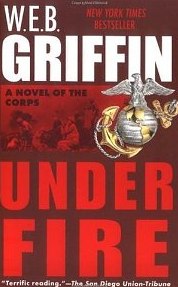This didactic novel about business salvation through finite scheduling is both better and worse than first appears. Recommended by Joel Spolsky, this book does a nice job of explaining why schedule slips accumulate. If you have a multi-step production process, whether manufacturing widgets or developing software, the statistical fluctuations inherent in each step accumulate as work progresses. Since dependent steps can't start before the preceding step, it's hard to make up time. If things go well, we can only make up a little time, but if things go ill, there's nothing to prevent long delays from accumulating.
Goldratt casts the entire book as a case study, a strategy that is surprisingly effective. He has space to make his participants more than caricatures and business stereotypes. He has space to give you a real feel for the business. Unfortunately, the font of wisdom, Jonah, is a truly embarrassing self-portrait of the author as a business guru: pompous, self-important, preachy, and expensive. A subplot about the hero's job-induced marital difficulties hasn't aged well (the book first appeared in 1984). The closing cameo of the CEO who intuitively grasps the hero's inherent excellence, even though layers of middle management want to fire him, is politically offensive and artistically false. And the underlying notion -- that American managers cannot grasp a simple mathematical truth unless it's sugar-coated and spoon feed -- is as appalling today as it was when the book appeared.
Still, if mysterious but chronic scheduling problem arise in your organization, this book is easy to read and highly recommended.
November 27, 2002 (permalink)
